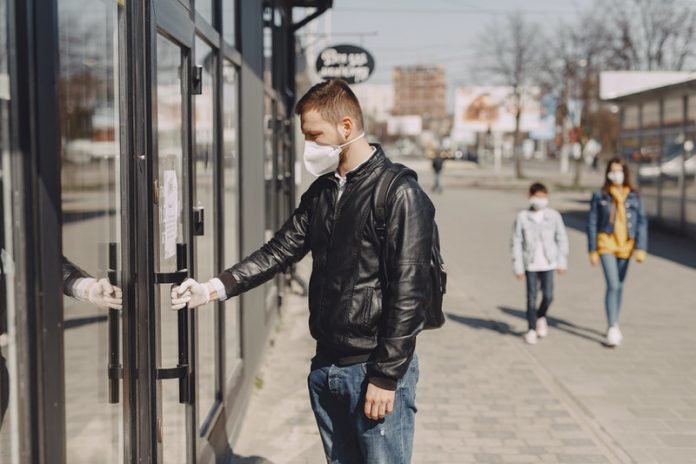
In a new study, researchers did an analysis of COVID-19 outbreaks in 58 cities and found that places that took longer to begin implementing social distancing measures spent more time with the virus rapidly spreading than others that acted more quickly.
They examined cities throughout China and analyzed when the first cases were detected, when social distancing measures were implemented and when the outbreak was considered contained.
They found that every day a city delayed in implementing social distancing measures after the appearance of a first case added 2.4 days to the length of the outbreak.
The research was conducted by a team at the University of Texas at Austin.
To determine when an outbreak had been contained, the team looked at case counts and determine the reproduction number, a measurement that shows how many people will be infected by one infectious person.
If the reproduction number drops below 1, scientists consider the outbreak contained.
Other studies into the impact of delaying social distancing measures have used modeling to estimate a link between the time of measures being taken and the effect on outbreaks.
By contrast, this study used on-the-ground data to determine the link between cities taking measures to contain the virus and rates of the virus spreading.
The findings are applicable both to communities experiencing their first outbreaks and those that may see a resurgence in the coming months.
Waiting a week after early signs of resurgence might require about 17 more days of social distancing to slow the spread of the pandemic, according to the data.
The team says it will be difficult to consider strict interventions again, but acting early upon signs of resurgence will mean fewer days of social distancing orders.
The findings have implications for the timing of interventions in U.S. cities.
The impact of delays may be particularly important for communities that are prone to rapid transmissions, such as nursing homes, colleges, schools, and jails.
People need concrete plans for when and how to respond to rising cases to prevent unnecessarily long and costly restrictions.
Although the study looked at cities experiencing the earliest days of an outbreak, the findings are also relevant for cities in the middle of an outbreak, the team says.
One author of the study is Lauren Ancel Meyers, a professor of integrative biology.
The study is published in Emerging Infectious Diseases.
Copyright © 2020 Knowridge Science Report. All rights reserved.



